How do I start collecting?
Have you ever held an ancient coin in your hands and wondered what stories this coin might tell? Coin collecting or banknote collecting is not only a fun hobby, but it is also a way to hold and explore a piece of history. Whether you are fascinated by the art, history, or value of coins, starting a coin collection can be an enriching experience. In this blog, we share tips to get you started on your own coin collection.
1. Determine your collection focus
The first step in starting a coin collection is to determine your focus. There are numerous ways to collect coins, and it helps to choose a specific theme or area. Some popular collecting directions are:
- Countries: Collect coins from a specific country, for example, the Netherlands, the United States, or a country that interests you jester.
- Period: Focus on a particular period, such as medieval coins, ancient Roman coins, coins from the period of the Kingdom of the Netherlands (from William 1 to the present) or the Euros since their introduction.
- Material: Some collectors focus on precious metals such as gold, silver or copper. The advantage of this is that your coins will always retain their precious metal value. View current bullion prices here.
- Themes: Coins with animals, historical figures, or special commemorative coins or tokens are also popular choices.
By choosing a focus, you make collecting more focused and thus you can search more specifically for specific coins that complete your collection.
2. Learn the basics of Coin Collecting
Before you start buying coins, it is important to understand some of the basics of coin collecting:
- Purity and Metal Value: Learn about the different metals from which coins are made, what the content is of silver or gold, for example, and how they affect value.
- Quality: The condition of a coin plays a major role in its value. Terms such as "FDC" (Fleur de Coin), "UNC" (Uncirculated/Uncirculated), and "ZF" (Very Fine) are terms often used to describe the condition of a coin. Read the blog To learn more about coin quality.
- Circulation: The less common a coin is, the more valuable it can be. Rarity can depend on the number of coins minted and how much demand there is for them by collectors. In other words, supply and demand.
3. Start with what you have
A great way to start is by looking at what you already have. Go through your wallet, ask family members, or look for old coins that may be hidden away at home. These first coins can be the beginning of your collection and give you an immediate idea of what you like.
4. Do Research and Delve into Coins
Knowledge is power, especially in the world of coinage. Invest time in reading books or catalogs, blogs, and forums about coins. There are also online databases and apps you can use to learn more about specific coins and their value. Joining a local or online coin association can also provide a great source of information and connections.
5. Find Reliable Vendors and Fairs
When you are ready to buy coins, it is important to do so from reliable sources. Some good places to start are:
– Coin exchanges: Fairs are great places to network, buy coins and gain knowledge from other collectors.
- Coin dealers: Find reputable coin dealers who are members of official associations and are known for their reliability. Check out our reviews via Webwinkelkeurmerk & see all our satisfied customers who have gone before you.
6. Store and maintain your coins correctly
An important factor in coin collecting is properly storing and maintaining your coins to maintain their value. Here are some tips:
- Use mint capsules or coin holders: These provide protection and keep your coins tidy.
- Store coins in a cool, dry place: Avoid humid environments that can cause oxidation. Therefore, purchase special coin albums to with coin blades. There the coin holders in that protect your coins.
- Do not touch coins with bare hands: Use gloves to prevent oils from your skin getting on the coins.
7. Set Goals and Work on Your Collection
A coin collection can be a lifelong hobby, so it's helpful to set goals. Perhaps you want to complete a specific series, such as all the euro coins of every European country, or you want to collect the entire series of a particular year. Setting clear goals will help you stay motivated and know exactly what you're after.
8. Be patient and enjoy the process
Coin collecting is not a race but a marathon. It may take some time to find the coins you are looking for, especially if you are looking for rare pieces. Be patient and enjoy the process. Each new coin you add to your collection is a new accomplishment and a piece of history you hold in your hands.
Conclusion:
Coin collecting is an exciting and enriching hobby that combines history, art and investment. Don't let greed guide you. It is a fun hobby that by starting with a clear plan, increasing your knowledge, and buying smart, you can build a wonderful collection that you can be proud of. So grab a magnifying glass, dive into the world of coins, and discover what treasures await you. Good luck and have fun starting your coin collection!

